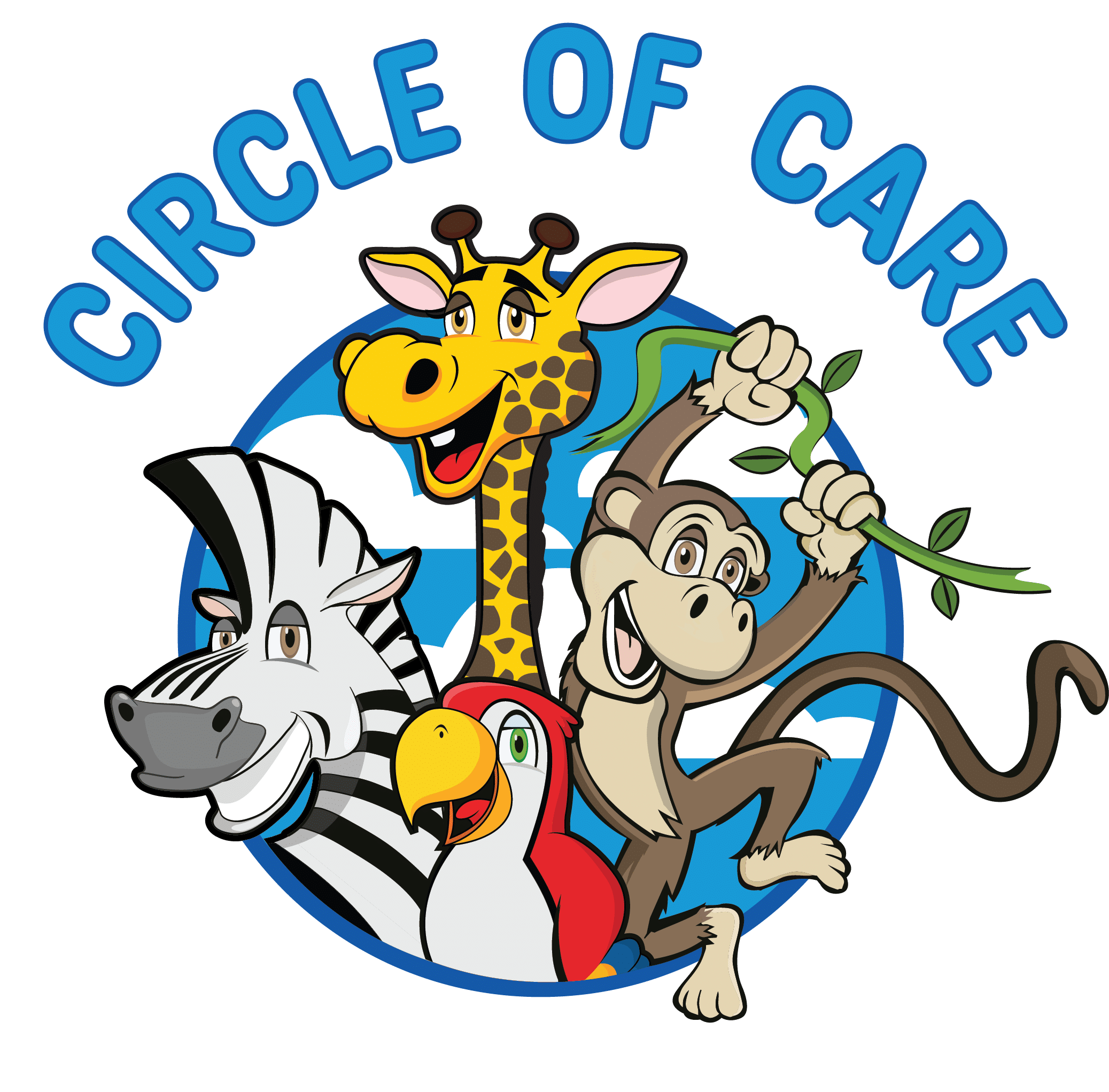Dyslexia
Are you worried that your child may be struggling with dyslexia and looking for ways to help them? Speech therapists are great resources who can provide an individualized treatment plan that holds tremendous potential. Numerous studies have shown how pediatric speech therapy can effectively address the challenges of dyslexia in children, making it an integral part of any comprehensive strategy to treat language-based learning disabilities.
Get Treatment Now

What is Dyslexia in Children?
Dyslexia is a neurological condition that affects a child’s ability to read, write, and spell. It is not related to intelligence, and children with dyslexia often possess normal or above-average cognitive abilities. These children usually experience difficulties in distinguishing and manipulating the letters and sounds involved in language, which can result in a persistent struggle with learning to read.
Dyslexia can have social and emotional repercussions for a child, such as reduced self-esteem and increased anxiety, as they grapple with feelings of frustration and embarrassment. Early identification and intervention are crucial in supporting a child with dyslexia, allowing them to develop individualized strategies to help them overcome their challenges and reach their academic potential.
How is Dyslexia Diagnosed in Children?
To diagnose dyslexia in children, a speech-language pathologist (SLP) will conduct an evaluation to identify areas of difficulty with language and literacy. The SLP may look at the child’s reading skills, phonological awareness, writing abilities, and other language-related tasks. They may also look at the results of academic assessments given by the school or other professionals. Depending on the severity of the symptoms, the SLP may consult with medical professionals to rule out any physical health issues that might be contributing to a child’s difficulties with language and literacy.
How Can Speech Therapy Help with Dyslexia?
Speech therapy for dyslexia can be an important part of a comprehensive approach to helping children. An SLP will create an individualized treatment plan that takes into account the specific areas of difficulty and goals for the child.
Speech therapy for dyslexia often includes activities such as:
- Developing phonemic awareness: the ability to recognize, identify, and manipulate individual sounds in a language
- Building decoding skills: understanding how letters and combinations of letters represent particular sounds
- Improving verbal memory: strengthening the child’s ability to store and recall information accurately
- Enhancing reading fluency: improving speed, accuracy, and comprehension when reading aloud
- Practicing writing strategies: teaching effective approaches for organizing ideas, forming sentences, and composing stories
Common Signs of Dyslexia in Children
Dyslexia can cause difficulties with reading, writing, and speaking, as well as with other skills related to language, memory, and organization.
Common signs of dyslexia in children may include:
- Difficulty mastering the basics of reading, such as understanding sight words or sounding out words
- Problems recognizing letter shapes or following directions
- Trouble with spelling
- Difficulty linking written and spoken language
- Difficulty sequencing sounds and syllables
- Frequent reversal of letters when reading or writing
- Sluggish or inaccurate rate of reading development
- Poor comprehension of written material
- Avoidance of activities involving reading and writing
- Signs of anxiety or frustration related to literacy tasks

Benefits of Early Intervention for Dyslexia
Early intervention is essential in the treatment of dyslexia. It can help children with dyslexia make significant gains in their reading and literacy skills, as well as improve their academic performance, confidence, and self-esteem.
In addition to improving the child’s ability to read and write, early intervention can also help reduce frustration and stress related to schoolwork. Early identification and intervention can also provide parents with techniques for helping their child at home that may include accommodations or modifications for school assignments.
Speech Therapy Dyslexia Treatment at Circle of Care
At Circle of Care, our knowledgeable and experienced speech-language pathologists work with children to help them overcome dyslexia. We provide dyslexia speech therapy sessions tailored to each child’s individual needs and abilities. Our treatment plan encompasses a holistic approach that looks at all areas affecting the child’s language development, such as cognitive skills, social-emotional well-being, receptive and expressive language ability, literacy skills, problem-solving abilities, auditory processing deficits, and more. Contact us online or call (877) 434-4317 today to get started with speech therapy dyslexia treatment.
